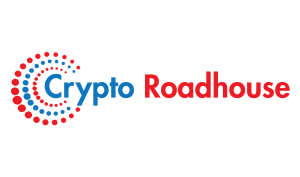StarkNet functions as an Ethereum layer 2 solutions, using Zero-Knowledge Proof (ZKP) technology to address the issue of transaction dependability and speed on the Ethereum network. ZKP enables a party to demonstrate that it has accurate information without releasing any further information. This eliminates security concerns and improves transaction privacy on the Ethereum network.
StarkNet’s contracts and operating system are written in the Cairo programming language. This language allows developers to scale and deploy dApps or Smart Contracts of any field.
According to DefiLlama, Starknet TVL is now worth $12.85 million, a roughly nine-fold rise from $1.45 million at the beginning of March. So where are the promising DeFi projects on Starknet, let’s find out with Coincu through this article.
Jediswap
Jediswap is the first AMM created on Starknet using Zk-rollups technology, and it fully inherits Ethereum’s security characteristics. Mesh Community created and funded the project.
The DEX, one of the first AMMs on the Starknet ecosystem, uses Zk-rollups technology to enable users to effortlessly swap and make transactions at nearly little cost while still inheriting. Ethereum provides complete security.
With Jediswap, users are fully independent of any third party and are solely accountable for their own assets.
The Jediswap project has the potential to become one of the StarkNet ecosystem’s most prominent decentralized exchanges. Users may enjoy rapid, low-cost, and highly secure transactions using Zk-rollups technology while retaining the finest features of Ethereum. Jediswap will continue to expand and enhance the decentralized trading experience for customers as its support staff and community grow.
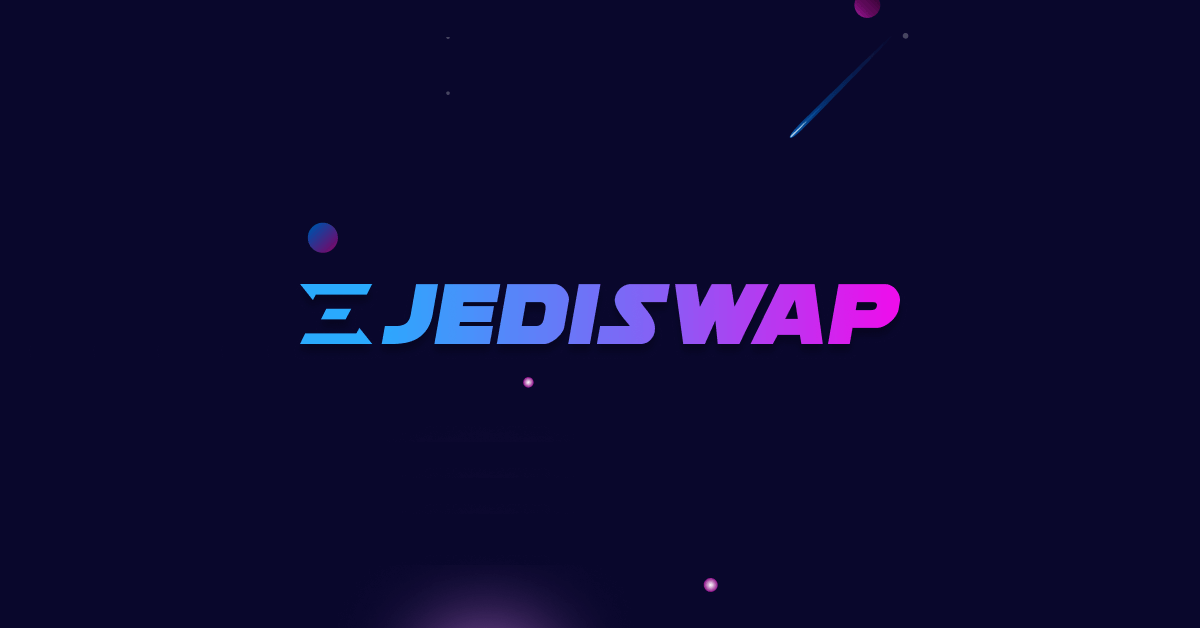
10KSwap
10KSwap, which is being constructed on Starknet, is an AMM system that works in tandem with Ethereum. By exploiting the rollup function, 10K hopes to enhance the performance of the AMM protocol, bringing cheaper fees, less friction, and eventually greater liquidity to the L2 world and advancing DeFi adoption.
10KSwap was among the first open-source AMMs to be deployed on the StarkNet Mainnet. We believe in Ethereum and StarkNet, the most advanced rollup trend. Its one-of-a-kind Cairo-VM provides developers with a new development choice, increased TPS, and a computational cost that may be disregarded. We feel AMM will benefit the most directly from these two improvements.
The gas cost for doing a calculation with Cairo-VM is substantially lower than for state updates, and we will raise the appropriate amount of calculation to minimize the frequency of state updates, continue to enhance contract performance, and further reduce gas costs. Ensuring that 10K provides users with a lightning-fast trading experience while maintaining the security of wide consensus is what every DeFi user desires, and we look forward to exploring this wonderful starfield alongside the StarkNet pioneers.
10KSwap has implemented an immutable system in which the protocol serves no centralized interests. After the creator has completely provided, the power is passed on to the community. It reflects the spirit of decentralization and our aim to collaborate with people to make the impossible triangle a reality.
MySwap
MySwap is an AMM on the current Starknet network similar to StarkSwap. MySwap is the place to provide trading – swap, add liquidity – pool to make a profit. Currently, the floor is still in the testing phase.
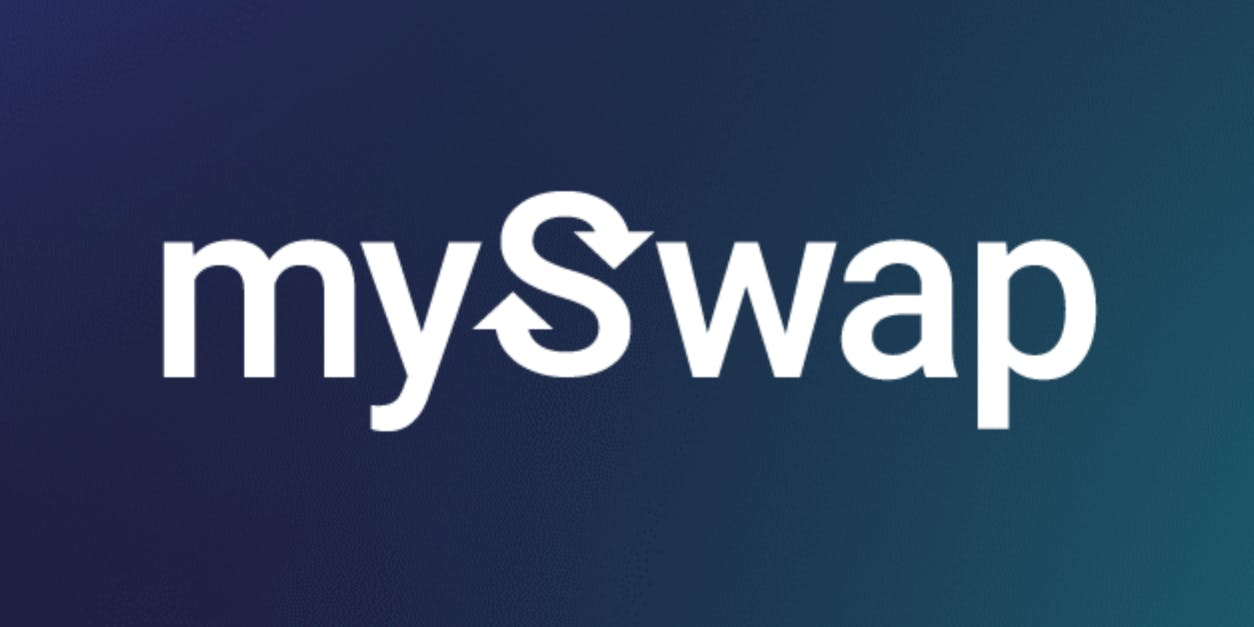
SithSwap
SithSwap is StarkNet’s next-generation AMM, offering immediate volatile and stable swaps with extremely minimal slippage, near-zero costs, and complete Ethereum security. SithSwap was designed as an efficient and flexible liquidity exchange protocol, enabling developers and users to make use of a highly composable architecture that provides deep, long-term, and adaptive liquidity. SithSwap provides a robust incentive structure that includes escrows, staking pools, gauges, bribes, and native $SITH emissions that may be escrowed to unlock unique advantages, such as the power to manage key protocol settings, including future rewards.
SithSwap provides the liquidity foundation for StarkNet protocols to begin, bootstrap, and evolve in a decentralized and sustainable manner.
The SithSwap AMM has been designed to adhere to the timeless Uniswap smart contracts architecture, which has been popularized by its easy Pair features and Router APIs, which are recognizable to all DeFi developers.
SithSwap includes new and essential features such as the ability to allow efficient, low-slippage trades for correlated assets, built-in TWAP oracles, and more.
SithSwap is a decentralized exchange that is meant to conduct stablecoin transactions with cheap fees, little slippage, and quick transaction speeds while inheriting Ethereum’s strong security.
The SithSwap project, like Curve Finance, Wombat Exchange, and Trader Joe, pioneered the veToken concept but has more enhancements than its predecessors. The project also received 1.7 million USD in the Seed round, with numerous significant investment funds in the market participating, including GSR, Lemniscap, Anthony Beaumount, Big Brain Holding…
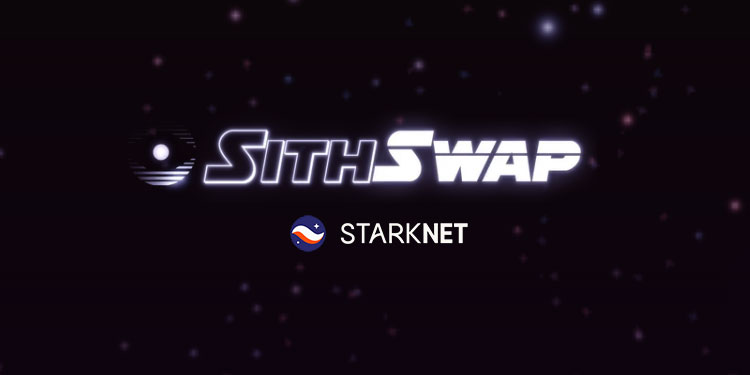
Liquidity Providers in SithSwap are richly paid depending on the commitments they may earn: 100% of the protocol fees, SITH/xSITH emissions, 3rd-party bribery, and much more.
SithSwap proposes a unique method for liquidity mining incentives based on non-fungible staked LP holdings, or stkLPs, which provides an extra incentive layer and revenue source.
Bribed Pools are the ideal use case for demonstrating the latent potential of stkLPs. These are short-term pools that accept staked LP positions (stkLPs) in return for third-party compensation (bribes).
Because of the protocol’s security advantages, the SithSwap codebase was meant to be non-upgradable / immutable.
Non-upgradable contracts imply that users and builders may rely on the deployed contracts and their behavior eternally.
We feel that granting all players the ability to engage with SithSwap at all levels of the system without consent or authorization is critical and advantageous to both the protocol and the ecosystem.
zkLend
zkLend is a lending and money market platform built on StarkNet, Ethereum’s Layer-2 solution. As a consequence, zkLend combines zk-rollup scalability, improved transaction speed, cost reductions, and Ethereum security.
zkLend offers parallel money market access solutions for two client files, which include:
Consumers at the level of financial institutions – Project Apollo.
DeFi User: Project Artemis.
Initially, the two initiatives will run separately, but as time passes and the demand for liquidity grows, Apollo and Artemis will collaborate to complement one another.
StarkNet is the foundation for zkLend, and StarkNet is a scaling solution based on zero-knowledge proof (zkRollups) technology. StarkNet provides rapid transaction speeds and cheap transaction costs (around $0.2 against $8 on Ethereum). Moreover, zkLend will inherit the core Ethereum network’s security.
zkLend will feature two lending protocols that will serve the distinct demands of two markets, DeFi and CeFi, on an institutional scale. The two protocols will initially run separately but will eventually be able to integrate to boost liquidity and capital efficiency.
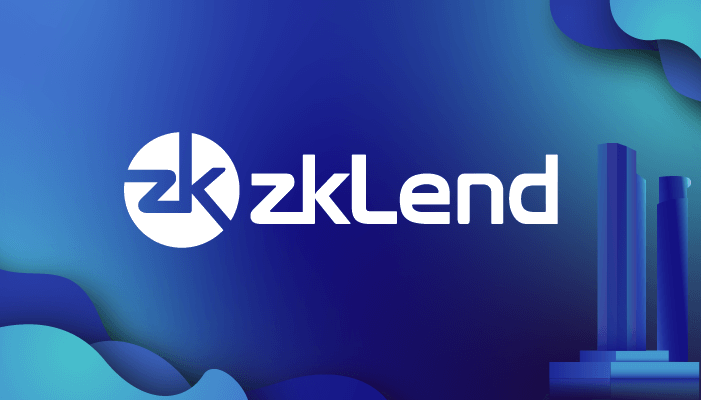
Nostra Finance
Nostra Finance is a lending, lending, and liquidity platform developed on the Starknet network – a Layer 2 solution for the Ethereum system that will address security concerns as well as gas costs. The project enables you to borrow, lend, and swap cryptocurrencies like as ETH, USDC, and DAI…
New ecosystems like Avalanche, Fantom, and Near… have overcome the problem of gas prices, but it has not attracted TVL (Total Value Locked) and huge users like the Ethereum system owing to security difficulties, security.
The initiative is permissionless, which means you may borrow and lend crypto assets without the need for a bank or other third-party middleman. Nostra Finance is also non-custodial, which means you always have complete control over your cryptocurrency holdings.
The StarkNet-based project is a decentralized ZK-Rollup, which is Ethereum’s L2 network. StarkNet enables dApps to attain infinite computational scale by utilizing Ethereum’s security.
Developers may create and deploy StarkNet contracts online, and users can submit transactions to these contracts (similar to Ethereum).
The StarkNet node (also known as a sequencer) is written in Python. Cairo has created StarkNet OS, a transaction execution environment akin to Ethereum’s virtual computer. It improves the efficiency of each transaction. The Solidity contract, which is implemented in Ethereum, links the StarkNet (L2) network to Ethereum (L1).
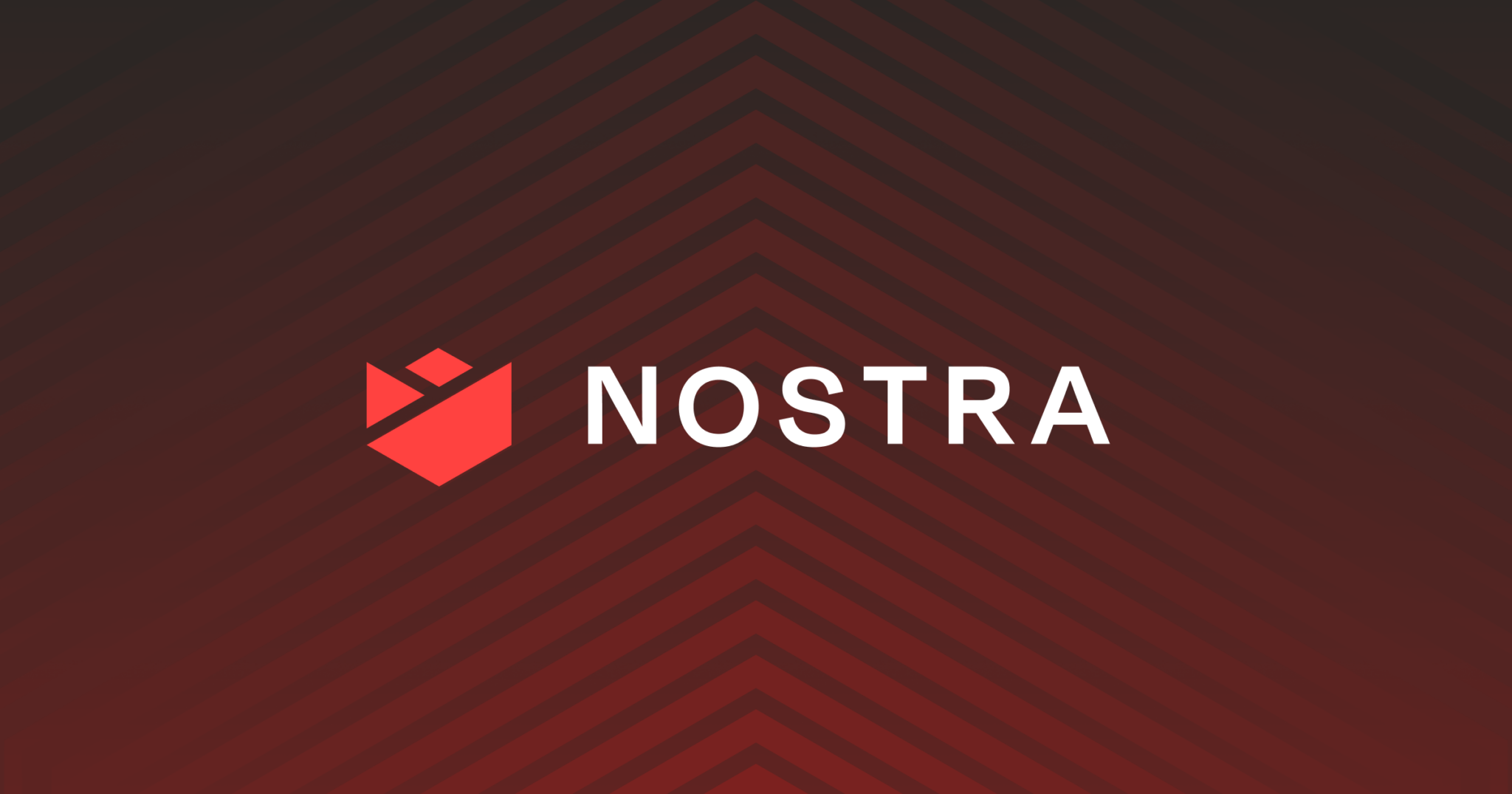
Protoss
Protoss DEX is a Starknet AMM system that is growing alongside Ethereum. It uses rollup to cut costs, reduce friction, and improve liquidity in L2, hence increasing DeFi adoption.
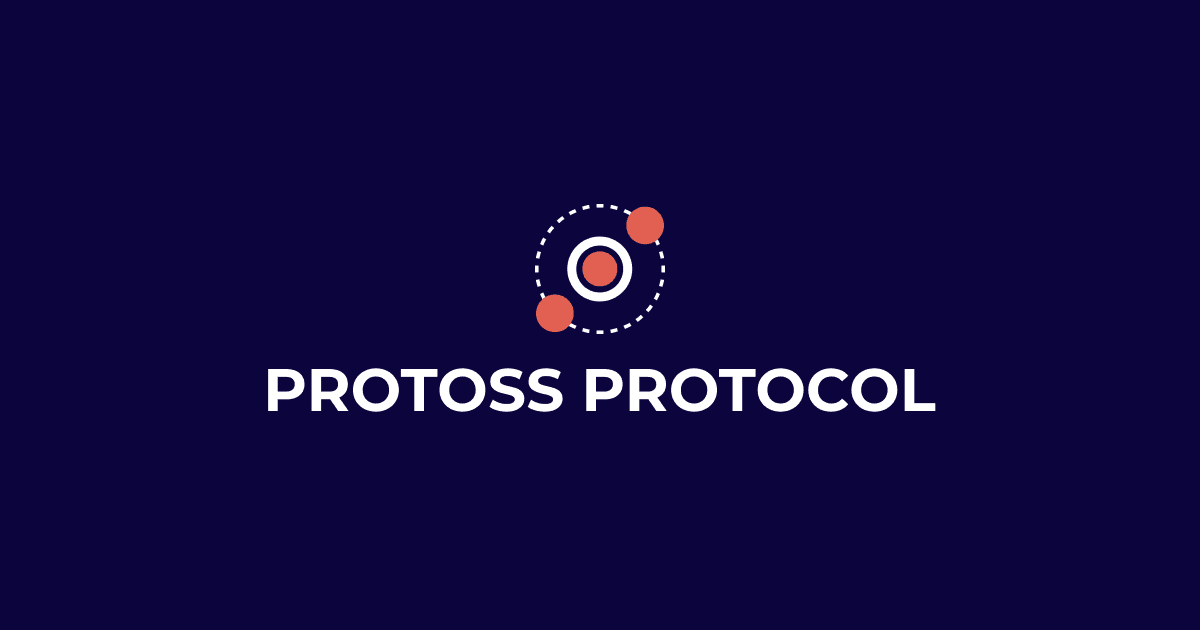
StarkEx
StarkEx is an expandable Layer 2 engine that generates Qualified Certificates using Stark and Aggregate technologies. StarkEx as a SaaS (Software as a Service) platform enables the development of dApps on top of the StarkEx service. Several use cases are supported by StarkEx, including NFT mining and trading, derivatives trading, AMM, spot trading, clearing, and DeFi Pooling…
As a consequence of complex computations, StarkEx’s certificate of competence assures that only legitimate data is added to the chain.
Each transaction is initially validated off-chain, and proof of this confirmation is generated by the StarkEx Proofing Provider. The on-chain verifier validates this evidence and guarantees that only legitimate transactions are carried out on the blockchain.
The unbalanced allocation of computing between Off-chain Verifiers and On-chain Verifiers is the key to StarkEx’s huge scalability.
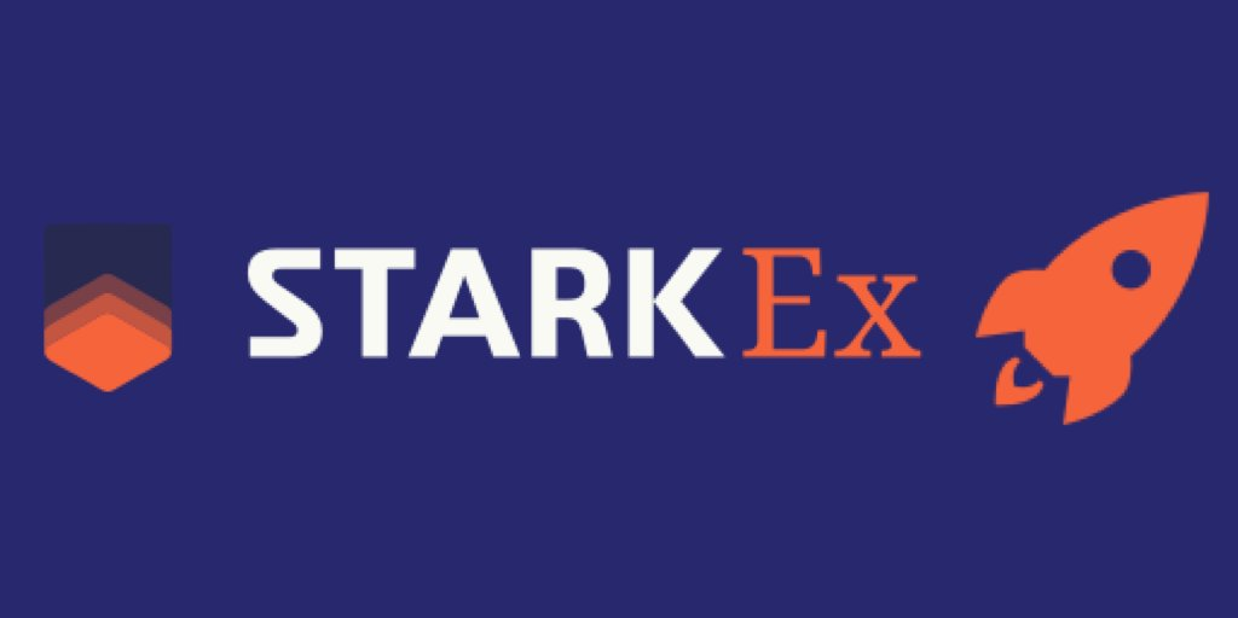
Off-chain Prover handles massive transactions and issues STARK certifications. Through multiple computational processes, the circuit amplifier confirms the STARK certificate. This enables huge off-chain scaling, in which StarkWare executes big calculations, the integrity of which is subsequently done on-chain with minimum processing.
StarkEx enables applications to self-regulate and employs cutting-edge anti-censorship measures to guarantee that users’ funds are always in their hands.
StarkEx debuted online trading in June 2020 and dozens of projects, including dYdX, ApeX pro, and rhino.fi, now utilize it (before). Myria, ImmutableX, Sorare, or Reddio (DeversiFi).
DISCLAIMER: The information on this website is provided as general market commentary and does not constitute investment advice. We encourage you to do your own research before investing.
